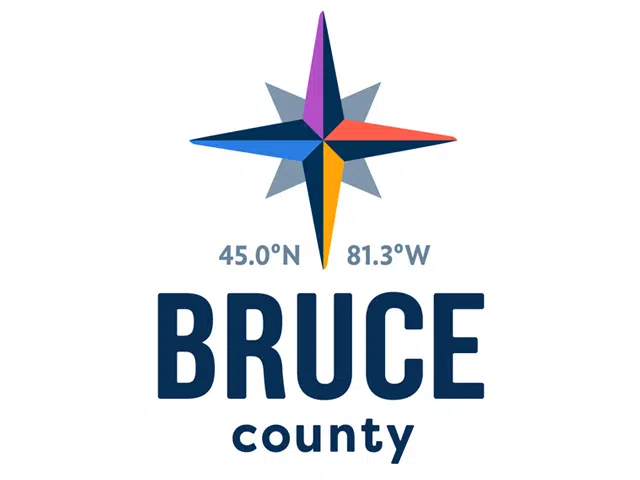Bruce County staff is continuing their work on developing an Environmental Sustainability Action Plan.
The plan is expected to be completed by the end of the year.
“The action plan is going to consider and integrate several of our many initiatives including but not limited to climate resilience and adaptation, energy conservation and demand management, forest conservation, transportation and transit, and waste management,” said Bruce County’s manager of Transportation and Environmental services Adam Stanley.
This initiative directly supports the overarching goals of the County’s Strategic Plan, Saugeen Anishnaabek Reconciliation Action Plan and the 2025 Transportation and Environmental Services Business Plan.
When the department’s report about the vision for the Environmental Sustainability Action Plan, Councillor Steve Hammell asked whether staff would consider a strategic approach for tree planting initiatives, namely due to windbreaks that had already been put in place could continue while the county was planting more trees.
Stanley replied that it was a factor to consider as staff worked further into coming up with future plans.
With county staff has initiated the project by laying out the framework for the action plan, the next step is getting other teams involved and engaging with stakeholders and Indigenous communities, as well as collaborating with municipal partners.
Priorities of the action plan:
– Climate Resilience & Adaptation: Build capacity to adapt to and mitigate the impacts of climate change by identifying opportunities to prepare for the development of a Climate Action Plan including training and programming for staff, as well as defining timelines and milestones.
– Energy Conservation & Demand Management: Review the County’s 2024-2028 ECDM plan and identify long-term actions that could be taken to improve the County’s future energy consumption.
– Forest Conservation: Review current policies, by-law and procedures related to forest conservation across the County.
– Transportation & Transit: Consider opportunities, infrastructure and programming to promote more environmentally sustainable transportation choices. It will also identify opportunities to grow existing transit initiatives, such as Smart Commute, as well as advance recommendations from the 2023 Transit Demand and Feasibility Study.
– Waste Management: Provide leadership, through collaboration and coordination, by identifying opportunities to reduce waste, evaluate new opportunities in tandem with the County’s Long-Term Waste Management Plan, currently under development.




